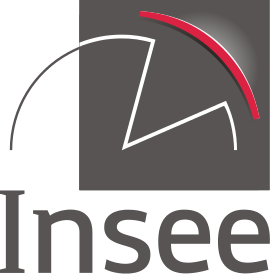Définition
Self-employed persons are people who work but are remunerated in a form other than a salary. In practice, they refer to all people affiliated to a social protection scheme for self-employed workers: Sécurité sociale des indépendants (SSI) or Mutualité sociale agricole (MSA).
This includes micro-entrepreneurs and traditional self-employed people, who are mainly traditional sole traders (excluding micro-entrepreneurs) or the majority managers of limited companies (SARLs, SELARLs, EARLs, etc.).
All self-employed persons are taken into account, whether this is their main activity or a secondary activity complementary to an employed activity. However, collaborating spouses and family helpers, who are not included in the administrative sources used, as well as MSA solidarity contributors, whose agricultural activity is below the minimum activity threshold, are not counted among the self-employed.
Some people affiliated to a self-employed social protection scheme are not independent economically or in the sense of employment law; this is the case for entrepreneurs who are economically dependent (on a customer, an upstream organisation or an intermediary such as a digital platform). The latter are not, however, identifiable among the self-employed on the basis of administrative data, but can be captured by survey data.



